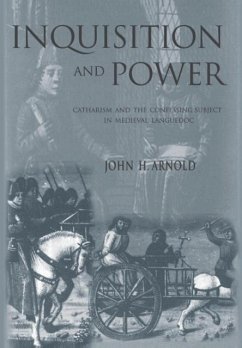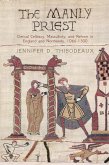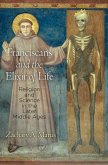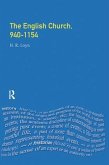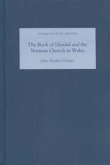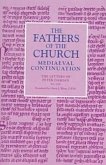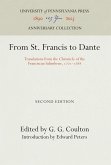Inquisition and Power Catharism and the Confessing Subject in Medieval Languedoc John H. Arnold "Intelligent and demanding."--Religious Studies Review "The lasting importance of Arnold's book is that . . . it will provoke scholars to rethink what they thought they knew about heresy, confession, and the inquisition in the Middle Ages."--Speculum "Intelligent and demanding. . . . The persevering reader will be amply rewarded by many insights into the nature of the Inquisition, Catharism, and elitist construction of confession, conformity, and subjectivity."--Religious Studies Review "Arnold has written an innovative, challenging, and stimulating book."--James Given, University of California, Irvine "Arnold has contributed to raising important questions of methodology, enriching a recently rediscovered debate on the reliability of sources about the repression of heresy in the late Middle Ages."--Journal of Ecclesiastical History What should historians do with the words of the dead? Inquisition and Power reformulates the historiography of heresy and the inquisition by focusing on depositions taken from the Cathars, a religious sect that opposed the Catholic church and took root in southern France during the twelfth century. Despite the fact that these depositions were spoken in the vernacular, but recorded in Latin in the third person and rewritten in the past tense, historians have often taken these accounts as verbatim transcriptions of personal testimony. This belief has prompted some historians, including E. Le Roy Ladurie, to go so far as to retranslate the testimonies into the first-person. These testimonies have been a long source of controversy for historians and scholars of the Middle Ages. Arnold enters current theoretical debates about subjectivity and the nature of power to develop reading strategies that will permit a more nuanced reinterpretation of these documents of interrogation. Rather than seeking to recover the true voice of the Cathars from behind the inquisitor's framework, this book shows how the historian is better served by analyzing texts as sites of competing discourses that construct and position a variety of subjectivities. In this critically informed history, Arnold suggests that what we do with the voices of history in fact has as much to do with ourselves as with those we seek to 'rescue' from the silences of past. John H. Arnold is Lecturer in History at the University of East Anglia. The Middle Ages Series 2001 328 pages 6 1/8 x 9 1/4 ISBN 978-0-8122-3618-7 Cloth $75.00s £49.00 ISBN 978-0-8122-0116-1 Ebook $75.00s £49.00 World Rights History, Religion
Hinweis: Dieser Artikel kann nur an eine deutsche Lieferadresse ausgeliefert werden.
Hinweis: Dieser Artikel kann nur an eine deutsche Lieferadresse ausgeliefert werden.

